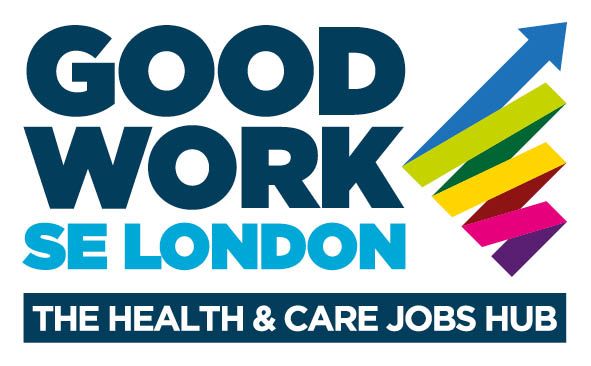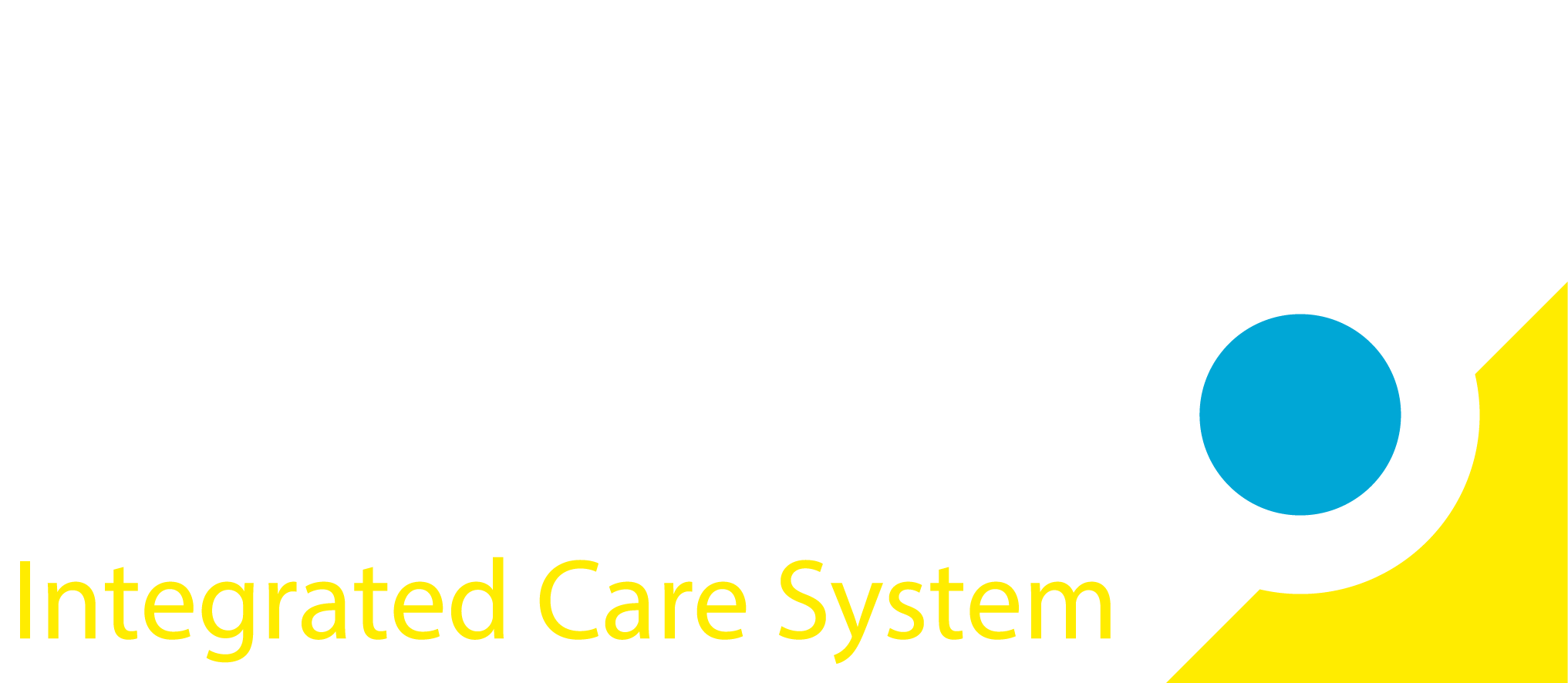Preparing for an Interview
If you’ve been invited to interview for a health or social care job in south east London – congratulations! Let's look at how you can prepare to do well on the day.
What's covered?
Understanding the
role
Advice on what to prepare for to show that you understand the role and what skills are required.
Using the STAR
method
Use the STAR method to help answer questions clearly and effectively.
Online or in-person?
Get top tips for preparing for and having an interview online or in-person.
Presentations
Top tips and advice on creating and giving presentations at interview.
Understand the role
Prepare your answers
Why are you interested in this role / organisation?
This is your chance to talk specifically about why you’re interested in applying. Try to make brief points to back up your claims. For instance, if you’re applying for a physiotherapy role, if you say ‘I’m passionate about physical activity’ you might add a point such as ‘which is why I opted to do GCSE and A-level PE’ or ‘having been an active gym-goer for 10 years’.
What skills and experience can you bring to the role?
Ultimately, all employers want to know the answer to this. Some may ask it in this form, while others may ask a few different questions to find out about specific skills or experience.
Try to cover a few skills that are core to the role, and use evidence from relevant experience. It can be a challenge to balance covering enough information while keeping your answer brief. You may find it best to cover around three to five key skills.
Tell us about a time when…
These types of questions will ask you for an example where you demonstrated a specific requirement from the job advert. For instance, ‘Tell us about a time when you worked with others to achieve a defined goal.’ It helps to prepare some of these in advance so that you have specific examples ready that show you meet the criteria.
How would you manage a situation where…
These types of questions will ask you about hypothetical challenging situations, that are likely to arise in the job. For instance:
They are usually designed to assess your ability to demonstrate professionalism, think clearly and follow procedures. It can help to draw on real examples of situations you've experienced to support your answers.
Be sure to structure your answers – it may help to practise to ensure you keep them succinct.
→ How would you manage a situation where a patient submits a complaint about you?
→ How would you manage a situation where a patient becomes frustrated and aggressive?
→ How would you manage a situation where a patient needs help, but you and other colleagues are busy?
→ How would you manage a situation where a more senior colleague asks you to cover up their mistake?
They are usually designed to assess your ability to demonstrate professionalism, think clearly and follow procedures. It can help to draw on real examples of situations you've experienced to support your answers.
Be sure to structure your answers – it may help to practise to ensure you keep them succinct.
Where do you see yourself in ten years?
The interviewer will be trying to get a sense of whether you see a long-term future in the role and/or would be interested in growing in their organisation.
Do you have any questions for us?
It’s a good idea to ask at least one question to demonstrate your interest in the job. You can ask about things that matter to you, like what your typical day might be like or how the team works together. It's also okay to ask about things you're curious about, like training opportunities or how the organisation supports its staff.
Use the STAR method
Proving that your skills and experience are relevant to a job can be challenging.
A great way to impress employers is to evidence these with specific, concrete examples, structured using the 'STAR' method.
Use the button below to visit the BBC Bitesize website where you'll find examples which use this method.
S: Situation
What situation were you in, or what issues were you dealing with?
T: Task
What was the task that you needed to do?
A: Action
What actions did you take to complete the task?
R: Results
What were the results of your actions? What skills did you demonstrate and what did you learn?
Online or in person?
You’ll also need some practical preparation, depending on whether your interview is in person or online.
In-person interviews
If you’re interviewing in person, make sure you’ve made yourself available for the interview period, as well as travel to and from the location.
Plan your route with timings, so you arrive at the location at least ten minutes before the interview.
Decide what you’re going to wear ahead of the day, and iron any clothes if necessary. Wearing the right outfit can help you feel comfortable and confident. Many organisations will have a smart casual dress code – if that’s the case, you won’t need to dress in a full suit! However, it’s best to check this first.


Online interviews
If your interview is online, make sure you’ve arranged to be somewhere quiet with a laptop or computer and good internet access during the interview period. It’s best to set up at least 10-15 minutes before the interview is due to start, to ensure you’re settled and ready.
Of course, in some situations it won’t always be possible to ensure this. You might be at home trying to look after kids or have a dog who barks whenever there’s a knock at the door! If that’s the case, just explain to the interviewers at the start that this may happen – they should understand, as they’re human too!
Is there a presentation?
Sometimes you'll be asked to do a presentation on a particular topic to the interview panel, to show how you communicate and engage with people, and how you perform under pressure.
You may find out the topic in advance or on the day. Either way, there are things you can do to prepare.
Check instructions
Make sure you follow the instructions given. For example, if it says no visual aids, keep things straightforward. If it specifies length, try timing yourself.
Plan and structure
Plan your content and practise delivering it, so that you know your key points. Try not to rely on your notes, so that it's more fluent and engaging.
Think about how you present
Will you be sitting or standing? If it's in person in a large room, standing gives you more presence. If it's at a table in front of a small panel, sitting is less overbearing. Avoid visual aids, as these can be distracting. It's best to keep things simple!
Body language
Varying your pace and tone of voice, and making eye contact, will keep your audience engaged. Keeping your hands and feet still, and smiling, will make you seem less nervous. Remember – the people watching want you to do well!
Useful resources
Check out the following for more advice on applying and interviewing for health and social care roles.

